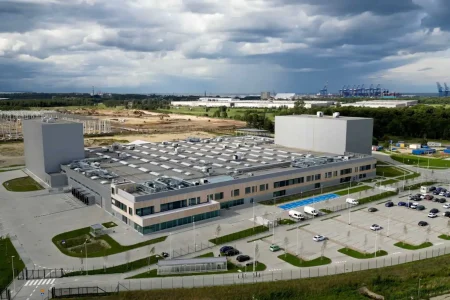What is the hydrogen potential in the Havelland district and how do the many actors there connect?
To answer these problems, the district has commissioned a feasibility study to be conducted by the Reiner Lemoine Institute (RLI), the IAV Ingenieurgesellschaft Auto und Verkehr, Consulting4Drive, and the Institute for Climate Protection, Energy, and Mobility. Tuesday marked the start of the ‘H2VL’ initiative with a digital launch event. The BMDV finances the development of the Havelland district as a hydrogen zone under the National Innovation Program for Hydrogen and Fuel Cell Technology (NIP2). Coordinated by NOW GmbH and implemented by Project Management Jülich (PtJ).
“Hydrogen is an essential component of a sustainable energy supply based on renewable energies, and its significance is growing. Roger Lewandowski, the district administrator for Havelland, explains that it is essential to understand the potential and link the various actors in order to establish a hydrogen economy. “Therefore, I’m ecstatic that it’s really taking off and that, with our many project partners, we’re combining our district’s existing capacity to demonstrate pioneering hydrogen possibilities.”
The objective of the H2VL project is to identify the many local stakeholders throughout the full hydrogen value chain and assist them in implementing their respective initiatives, from generation to storage to distribution. For instance, workshops will be held locally. The presentation of participating institutions in this procedure was the first item on the agenda for Tuesday.
Havelland is one of the winning regions in the second round of the Federal Ministry of Digital and Transport’s HyLand competition (BMDV). The outcomes of this study could serve as a model for other regions as a HyExpert region.








